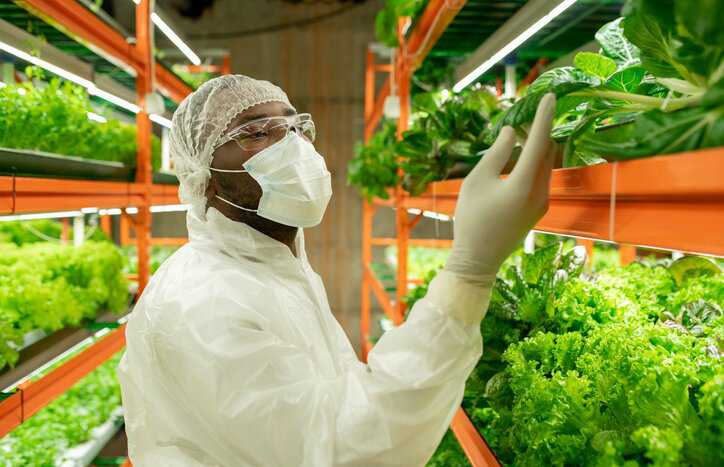The CDC estimates that 1 in 6 Americans gets sick each year from foodborne diseases. The Food Safety Modernization Act (FMSA) strives to not just respond to foodborne illnesses, but to prevent them from happening in the first place. Foodborne illnesses are a problem for people’s health and livelihoods and has potential economic consequences. Safety of the food supply is a shared responsibility among many parts of the supply chain within which FSMA has rules to regulate and ensure processes for better food safety. ANAB is a recognized accreditation body for the FDA FMSA program. This accreditation is based on ISO/IEC 17065 and ISO/IEC 17021-1.
ISO/IEC 17065 and ISO/IEC 17021-1
Accreditation for food safety gives requirements for bodies certifying products, processes, services, and management systems. Accreditation ensures that the third party body will be impartial, competent, and consistent following the specified requirements. With ISO/IEC 17065 and 17021-1, audits and certifications by accredited certification bodies will be reliable and valuable.
How Does Accreditation for Food Safety Work?
As an example; the first part that is evaluated in the food protection process is where the food is grown and produced such as farms, suppliers and distribution. This audit is by a product certifier from an accredited certification body who then certifies the producer’s food safety processes if the requirements are met. The accreditation body adds another layer of rigor to food safety by looking at the procedures, implementation and competence of the certification bodies and their auditors. This is in order to make sure the correct processes are being implemented effectively and completed with impartiality, by competent people.
Why Seek Accreditation?
Many government agencies and companies rely on accreditation bodies for consistency and trust in the conformity assessment system including certification body activity. This reduces risk and promotes trust. More food manufacturers and producers rely on accredited third party certifications to assure the safety in the food supply chain.
To read more about accreditation for food safety or if interested in becoming accredited, please visit the FSMA Program page for more information.
Laboratory Accreditation for Analyses of Foods (LAAF) Program
The LAAF program, as required by FSMA section 202(a), improves the FDA’s ability to protect consumers by focusing on food testing in certain circumstances by accredited laboratories. Foods that are included in the program are bottled water, import/export food products, and more. To read more about this program, visit a comprehensive post on the LAAF program, as well as another blog article on ANAB and LAAF. Additional information on the FDA Laboratory Accreditation for Analyses of Foods (LAAF) Program can be found on the ANAB site.
